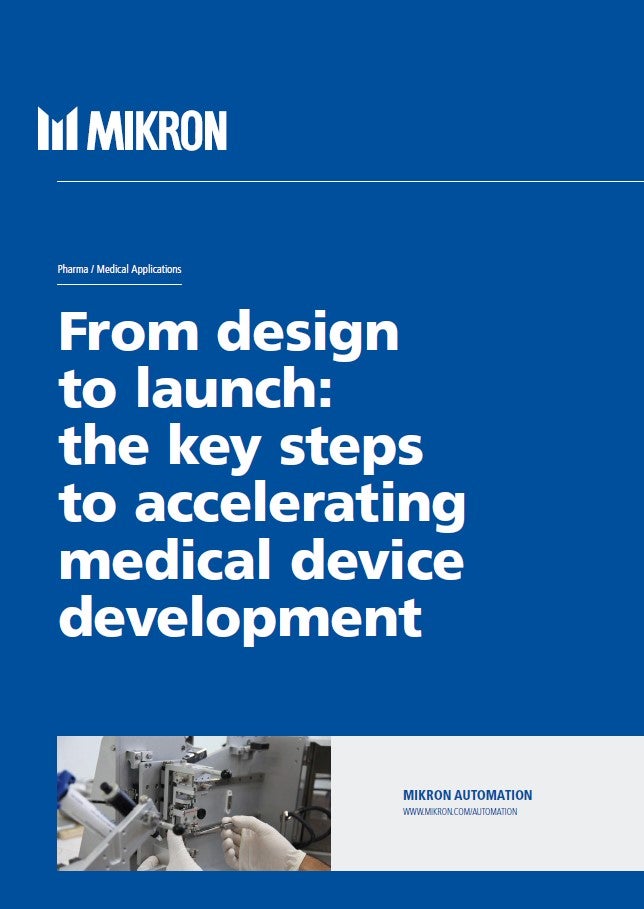Alzheimer’s disease (AD) is a subtype of dementia in which the brain cells die, leading to declines in memory and mental abilities that worsen over time. The disease is irreversible and does not have a cure. Alzheimer’s may start out mild, but as the disease worsens over time, it can severely affect a person’s quality of life and eventually may lead to death. AD most often affects the elderly, which means we will see a significant increase in cases as we enter an aging population phase in many countries of the world. Japan, especially, will see a fast growth in AD burden due to their large elderly population.
GlobalData epidemiologists utilised national databases and robust peer-reviewed journal articles to build the total prevalent cases of AD forecast in the seven major markets (7MM: US, France, Germany, Italy, Spain, UK, and Japan). GlobalData’s Alzheimer’s epidemiology analysis showed that Japan will see an increase of total prevalent AD cases in those ages 60 years and older from 3.5 million cases in 2016 to 4.9 million cases in 2026, corresponding to an annual growth rate of 4%, highest among the seven major markets analysed (Figure 1). This is due to both a large increase in the most elderly population in Japan (ages 80 and older) and to Japan having one of the highest prevalence rates of AD in elderly women in the 7MM.

The key driver of the projected growth of the Alzheimer’s burden in Japan is the elderly population (age >65 years), which composes 20% of the total population in Japan, making it the society with the highest proportion of elderly in the world. Secondly, the age-specific prevalence of Alzheimer’s also played a role in this trend. AD prevalence increases with age, which means that more people will develop AD as they get older. In Japan, 7% of men ages 75–79 years and 16% of men ages 90 years and older have Alzheimer’s. In women, the trend is even steeper, with 7.3% of women ages 75–79 years and more than 59% in those ages 90 years and older have Alzheimer’s.
Another potential cause of the rise in the total prevalent cases of Alzheimer’s is the increased prevalence of metabolic disorders, such as diabetes and hypercholesterolemia, which have been associated with an increased risk of Alzheimer’s. Research suggests that worldwide, the management of Alzheimer’s faces critical challenges with respect to resources, funding, and prioritisation by governments. Consequently, it is important to establish effective prevention strategies for Alzheimer’s in countries where the elderly population is rapidly increasing.
How well do you really know your competitors?
Access the most comprehensive Company Profiles on the market, powered by GlobalData. Save hours of research. Gain competitive edge.

Thank you!
Your download email will arrive shortly
Not ready to buy yet? Download a free sample
We are confident about the unique quality of our Company Profiles. However, we want you to make the most beneficial decision for your business, so we offer a free sample that you can download by submitting the below form
By GlobalData







